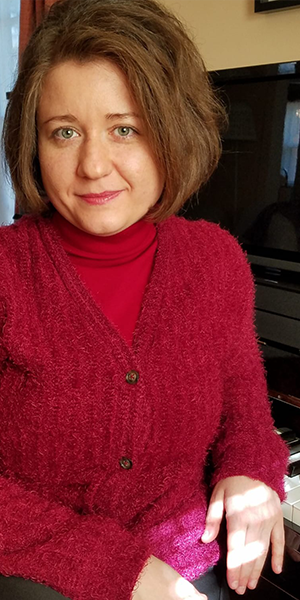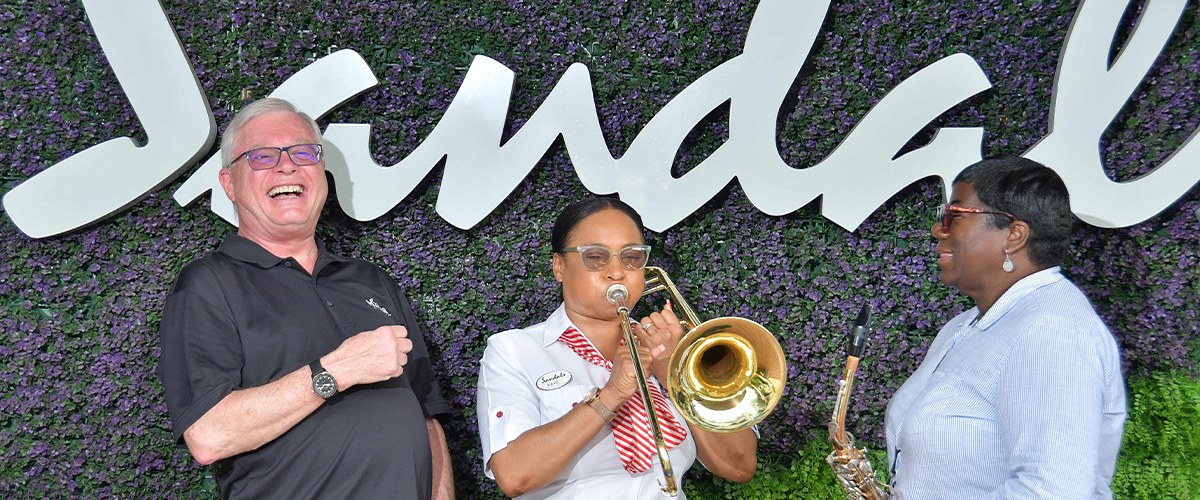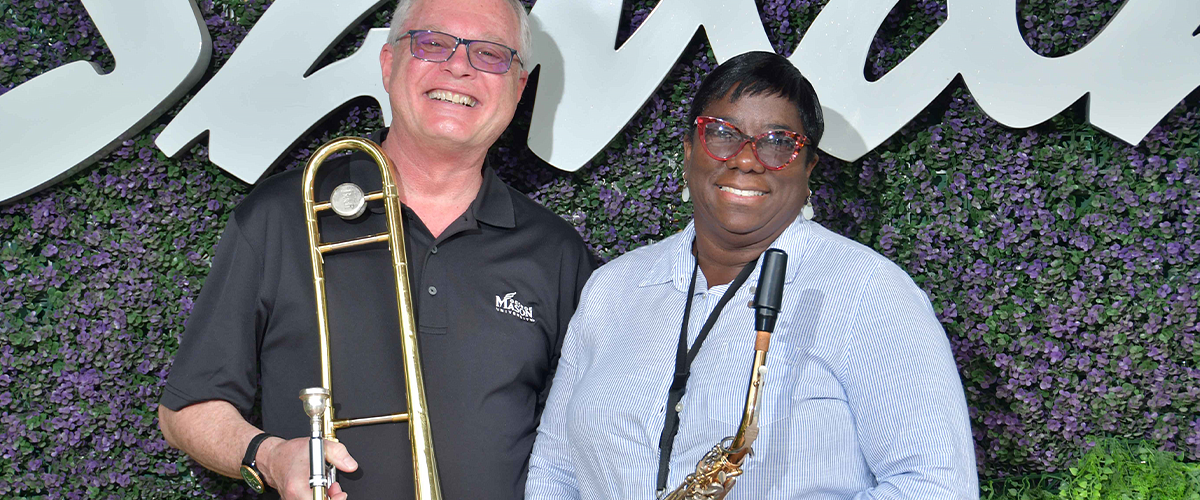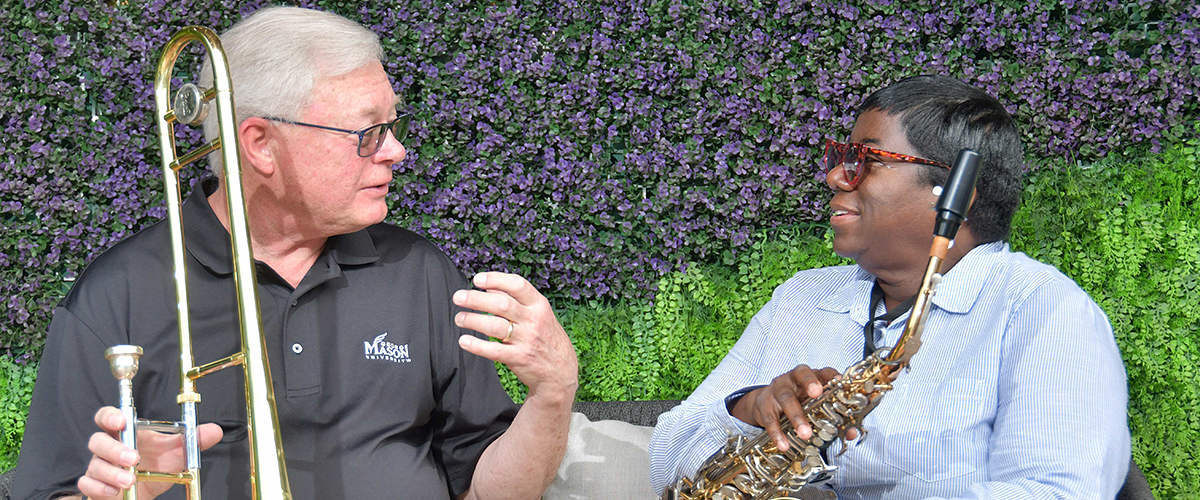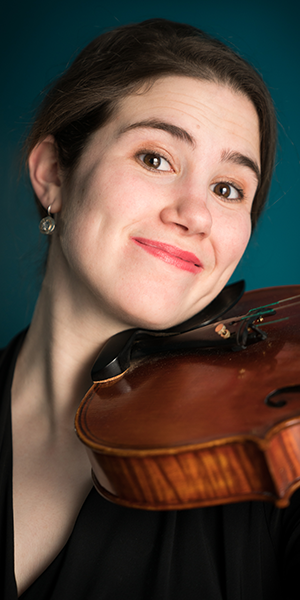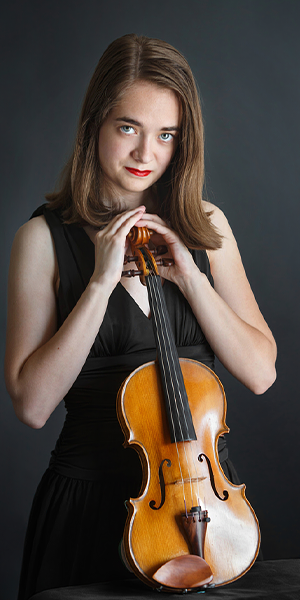
Introducing our Academy Strings Area Coordinator, Amanda Goodwin! The Area Coordinators provide a central connection for Academy faculty and staff with all private lesson studios at the Academy. They are experienced teachers and music professionals who serve as a resource, colleague, and leader within their instrumental area. We asked Amanda her thoughts on becoming a strings area coordinator.
“I’m excited to be serving as the Strings Coordinator because I have a larger role in helping the Academy grow its programs. I love the opportunities MCAA provides for their students and it’s my hope that, through increased communication between the administration and teachers, we can offer new experiences for them.”
Amanda Goodwin
1) What is your earliest music memory?
One of my earliest music memories was attending a kids concert at the Kennedy Center when I was about 5. I don’t remember what they played, but I do remember how cool it was to watch all the violinists’ bows play in sync.
2) What do you like most about playing your instrument?
I absolutely love when a piece requires me to dig deep into the string and sustain the sound. There’s something so satisfying about sustaining a sound on the violin. Those are the moments that allow me to really share all my intense passion and energy with an audience.
3) What is one of your hobbies or interests outside of music?
I really enjoy spending time with my dog, Ollie. He’s very energetic and demands (yes, demands) that I be as active as he is when we’re playing. He prefers that I run with him to retrieve his toy after throwing it and refuses to play fetch.
4) What has been a highlight of teaching at the Academy?
My highlight of teaching at the Academy is when a student realizes what they are capable of doing with the violin and gets motivated to see what else is possible. It’s especially fun if the student is shy and starts to come out of their shell because of music.
5) How do you prepare yourself to have a productive practice session?
I prepare myself for a productive practice session by using a practice journal. I identify sections of pieces I want to work on for the day or make a goal to improve a specific technique. Doing so gives my practice sessions more direction and ensures I’m using my time efficiently.

